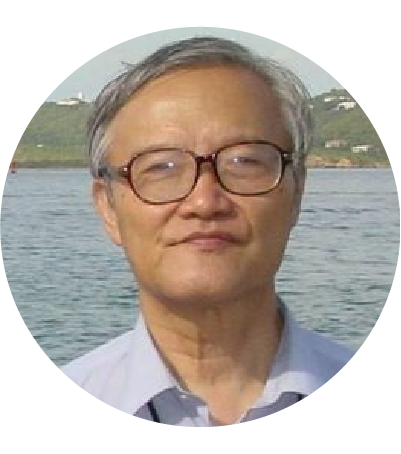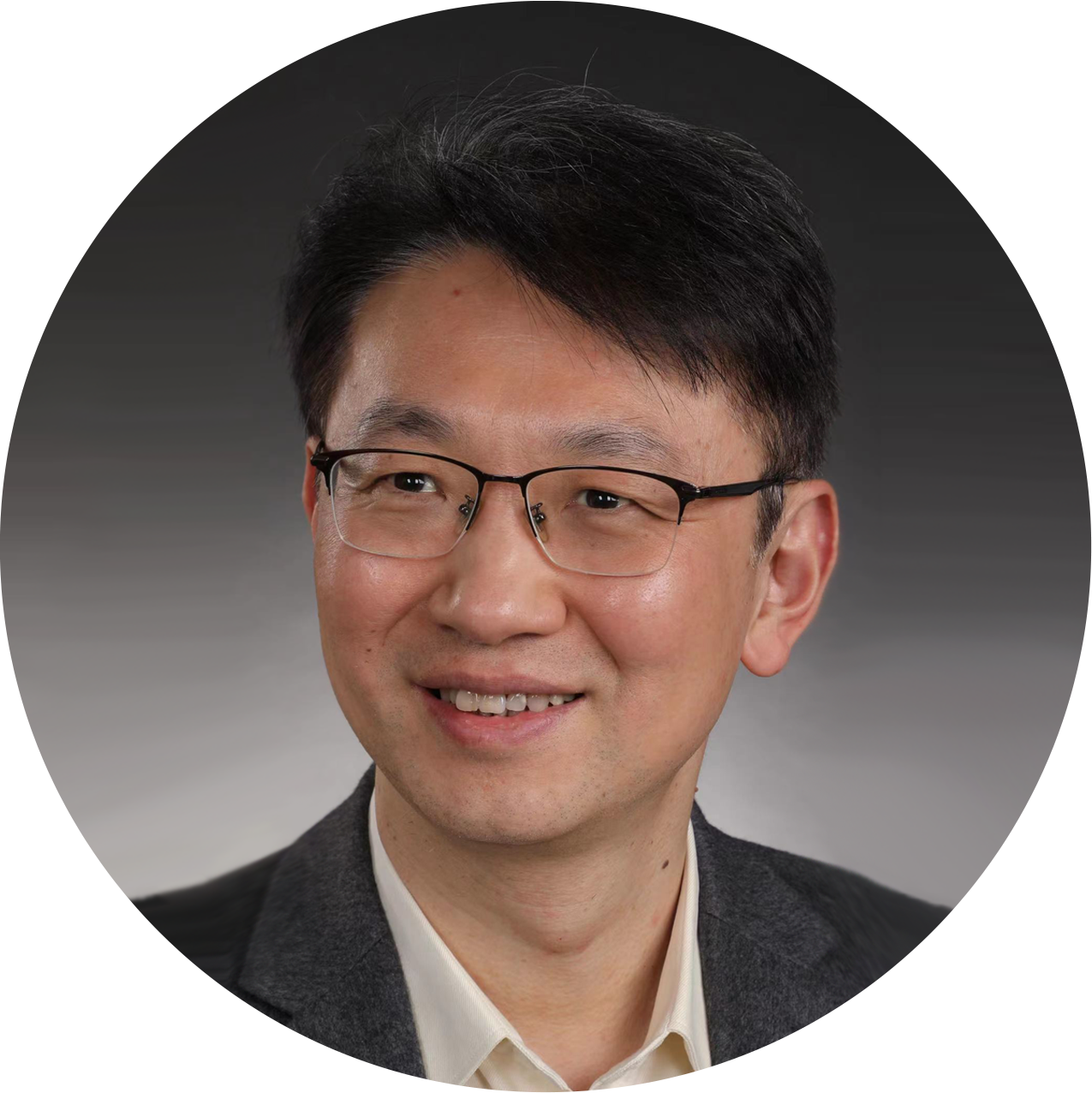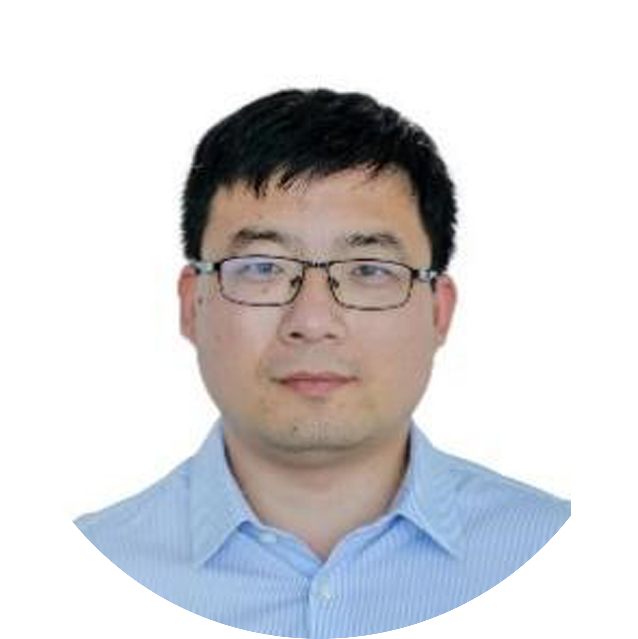Keynote Speakers

Dr. Ruqian Lu
Academician, Chinese Academy of Sciences
中国科学院院士, 2018年获得吴文俊人工智能最高成就奖
Title: Knowledge Engineering: Its Yesterday, Today and Tomorrow
Abstract: Since Prof. Edward Feigenbaum established the research discipline knowledge engineering (KE), it develops very fast, and has become an interdisciplinary research field consisting of artificial intelligence, software engineering and computer science. This talk will investigate the history of KE and its current situation. Further we will also try to predict its future development tendency. We divide KE’s history in four generations. The basic principle of generation division is the size of knowledge which a representative KE project can manage and manipulate. The first generation is small to middle size KE. Its representative success is expert systems with thousands of rules. The second generation is large size KE. Its representative success is enormous knowledge base with millions of knowledge elements. The third generation is very large KE Wikipedia and WWW with billions of knowledge elements. The fourth generation is extra large KE with large language models as representative products. For each generation, we will also list some of our own works which we have contributed to the KE development. Finally we will provide our conjecture about future development of new generation KE.
Bio: Ruqian Lu is a professor of the Academy of Mathematics and Systems Science. He is a fellow of the Chinese Academy of Sciences. His research interests include artificial intelligence, knowledge engineering and knowledge-based software engineering

Dr. Yunhao Liu
ACM Fellow, IEEE Fellow
Dean of School of Software, Tsinghua University
AIOT: Embodied AI and Digital-Leadoff
Abstract: We have passed the period of Digital-Follow-up, and now we are in Digital Twin, and trying to enter Digital-lead-off of Industrial Internet of Things. I will share lessons learned from our recent implementations of AIOT systems in oil refinery and glass factories in Middle East, United States, and China, and challenges/opportunities in the Embodied AI eara.
Bio: Yunhao Liu, ACM Fellow , IEEE Fellow, Chair Professor at Tsinghua University. He also served as the Dean of School of Software in Tsinghua, and the MSU Foundation Professor and the Chairperson of Department of Computer Science and Engineering in Michigan State University. Yunhao received his B.S. degree in the Department of Automation at Tsinghua University, an M.S. and a Ph.D. degree in Computer Science and Engineering at Michigan State University, USA. Yunhao received Hong Kong ICT Best Innovation and Research Award Grand Prize 2007, China Ministry of Education First Class Natural Science Award 2010, Second Class National Natural Science Award 2011, ACM Presidential Award 2013, CCF Wang Xuan Award 2022,as well as many best paper awards including ACM MobiCom 2014 best paper award, ACM SenSys 2021 Best Paper Award, and SIGCOMM 2021 Best Student Paper Award, and ACM SenSys 2023 Test of Time Award.

Dr. Dongxiao Yu
Professor
Shandong University
Learning at the Edge: Efficient, Adaptive, and Resilient Distributed Intelligence
Abstract: As distributed learning becomes a key enabler of edge intelligence, addressing challenges related to limited computing resources, constrained communication bandwidth, and system robustness is crucial for scalable and efficient AI deployment. This talk will present novel approaches that enhance communication efficiency, adapt to resource heterogeneity, and ensure fault tolerance in federated and decentralized learning. It will cover advances in resource-adaptive federated learning that optimize training for devices with varying computational constraints, communication-efficient decentralized learning that leverages over-the-air computation and power control to reduce bandwidth usage while preserving privacy, and Byzantine-resilient algorithms that fortify learning systems against adversarial attacks. By integrating theoretical insights with practical advancements, this talk will provide a comprehensive perspective on designing scalable, secure, and efficient distributed AI systems for real-world applications.
Bio: Dongxiao Yu received his BSc degree in 2006 from the School of Mathematics at Shandong University and his PhD degree in 2014 from the Department of Computer Science at The University of Hong Kong. In 2016, he became an associate professor at the School of Computer Science and Technology, Huazhong University of Science and Technology, and he is now a professor at the School of Computer Science and Technology, Shandong University. His research interests include distributed machine learning, wireless networks, and graph algorithms. He has been awarded five Best Paper Awards and three Best Paper Runner-Up Awards at conferences including ACM MobiHoc 2023, IEEE IPCCC 2020, PDCAT 2024, and so on. He serves as an area editor for Computer Communications and as an associate editor for IEEE Transactions on Computers, IEEE Transactions on Wireless Communications, Big Data Management and Analytics, and Journal of Computer and System Sciences.